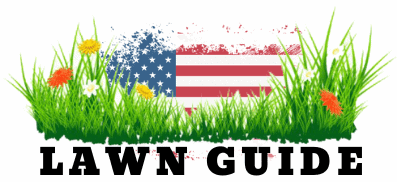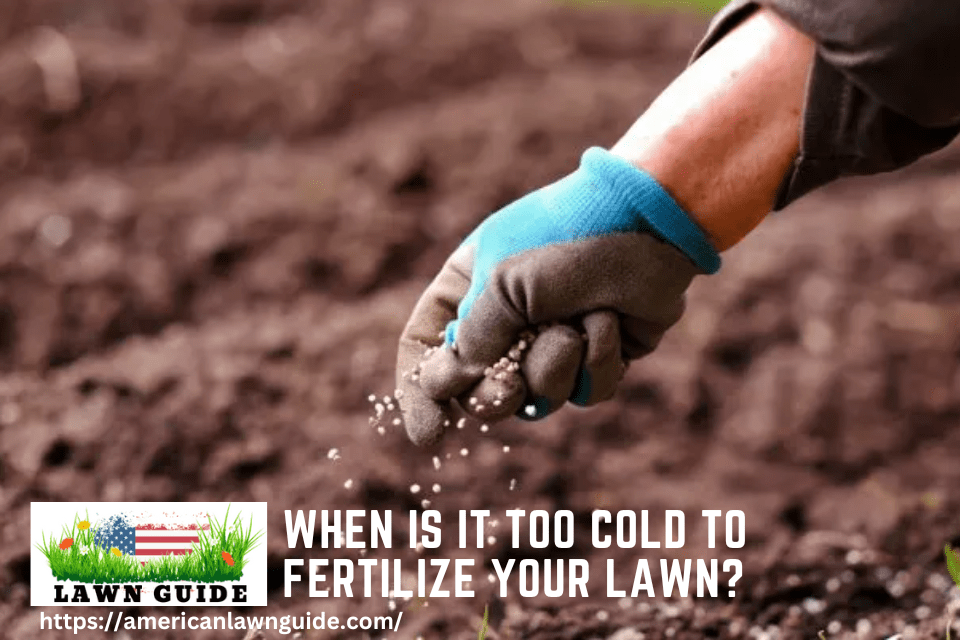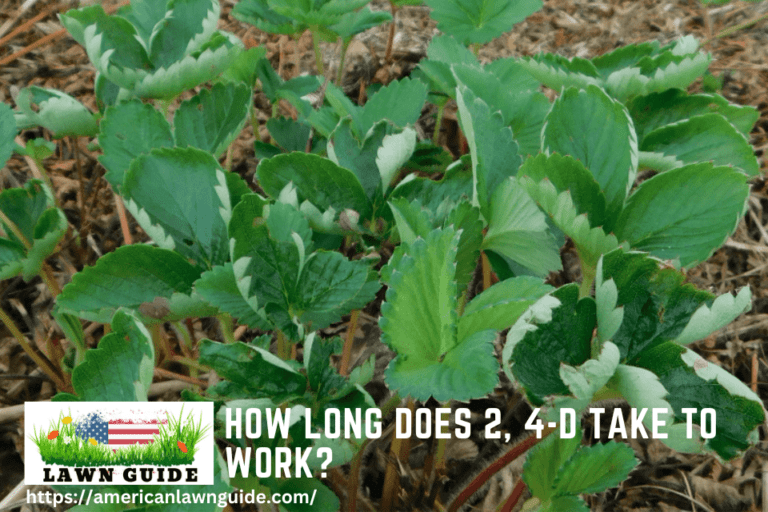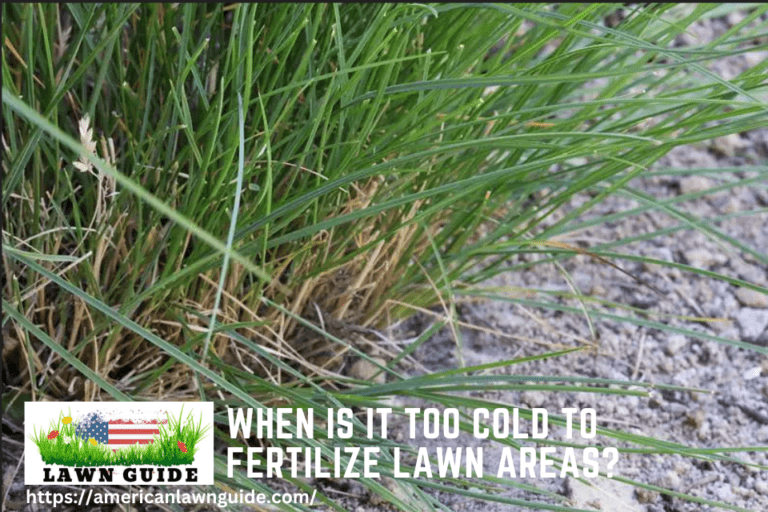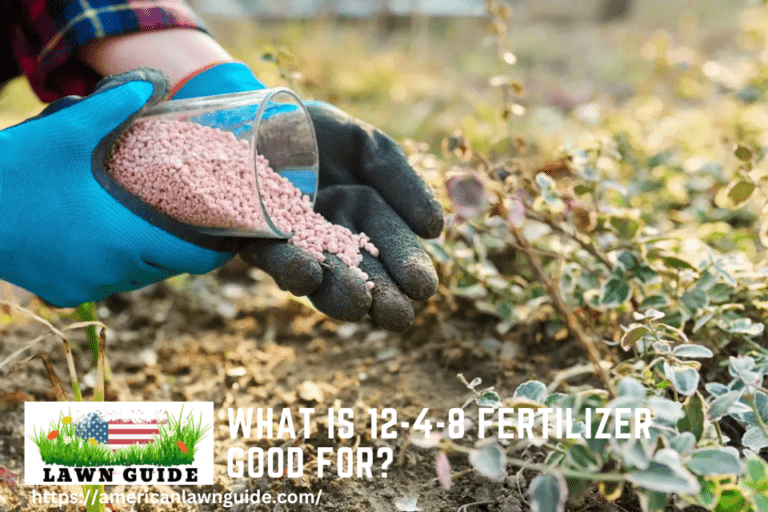The best time to fertilize your lawn is in the spring and fall. However, you can still fertilize your lawn in the winter if you need to. Just be sure to not fertilize when it is below freezing outside.
Most people don’t think about fertilizing their lawn until the warmer months roll around. But did you know that fall is actually the best time to fertilize your lawn? Fertilizing in the fall helps your grass roots grow deep and strong, which in turn leads to a healthier lawn come spring.
That being said, there is such a thing as too cold when it comes to fertilizing your lawn. Once temperatures start dipping below 50 degrees Fahrenheit, applying fertilizer isn’t going to do much good. In fact, it could even do some harm if the ground is frozen solid.
So if you’re thinking of giving your lawn a little boost heading into winter, wait until things start warming up again before doing so.
Winter Fertilizer? Should you apply fertilizer during winter or is it a waste of money?
What Temperature is Too Cold to Fertilize Lawn?
If you’re thinking about fertilizing your lawn, you might be wondering what temperature is too cold. The answer is that it depends on the type of fertilizer you’re using. If you’re using a chemical fertilizer, the temperature shouldn’t be below 50 degrees Fahrenheit.
However, if you’re using an organic fertilizer, the temperature can be as low as 40 degrees Fahrenheit. So, if you’re not sure what kind of fertilizer you’re using, it’s best to check with the manufacturer before applying it to your lawn.
When Should You Not Fertilize Your Lawn?
Fertilizing your lawn is important to keeping it healthy, but there are a few times when you should not fertilize. One time is during the heat of summer. Applying fertilizer during hot weather can damage your lawn, so it’s best to wait until the temperatures cool down.
Another time to avoid fertilizing is if your lawn is already stressed from drought or disease. In these cases, applying more fertilizer will only make the problem worse. If you’re not sure whether or not to fertilize, it’s always best to consult with a lawn care professional.
Can You Put Fertilizer on Grass in the Winter?
No, you should not put fertilizer on grass in the winter. Fertilizer is designed to promote growth, and grass growth is dormant in the winter. Applying fertilizer to your lawn in the winter can actually do more harm than good.
Can You Fertilize before a Frost?
Frost can damage or kill many types of plants, so it’s important to know how to protect your garden from this cold weather hazard. One way to do this is by fertilizing your plants before a frost. Fertilizing before a frost can help improve the plant’s chances of survival because it provides them with additional nutrients that they can use to repair any damage that the frost may cause.
It’s best to apply fertilizer a few weeks before the first predicted frost date in your area so that the plants have time to absorb the nutrients and store them for later use. There are a few things to keep in mind when fertilizing before a frost: Avoid using high-nitrogen fertilizers as they can encourage new growth that is more susceptible to damage from the cold. Choose a fertilizer with a lower nitrogen content and higher levels of phosphorus and potassium, which will help promote root growth and strengthen the plant’s overall structure.
Apply the fertilizer at half the recommended rate to avoid overfeeding the plants and causing even more new growth. Water well after applying fertilizer so that it has time to seep down into the soil and reach the roots of the plants. By following these tips, you can help your plants survive an impending frost and come out stronger on the other side!
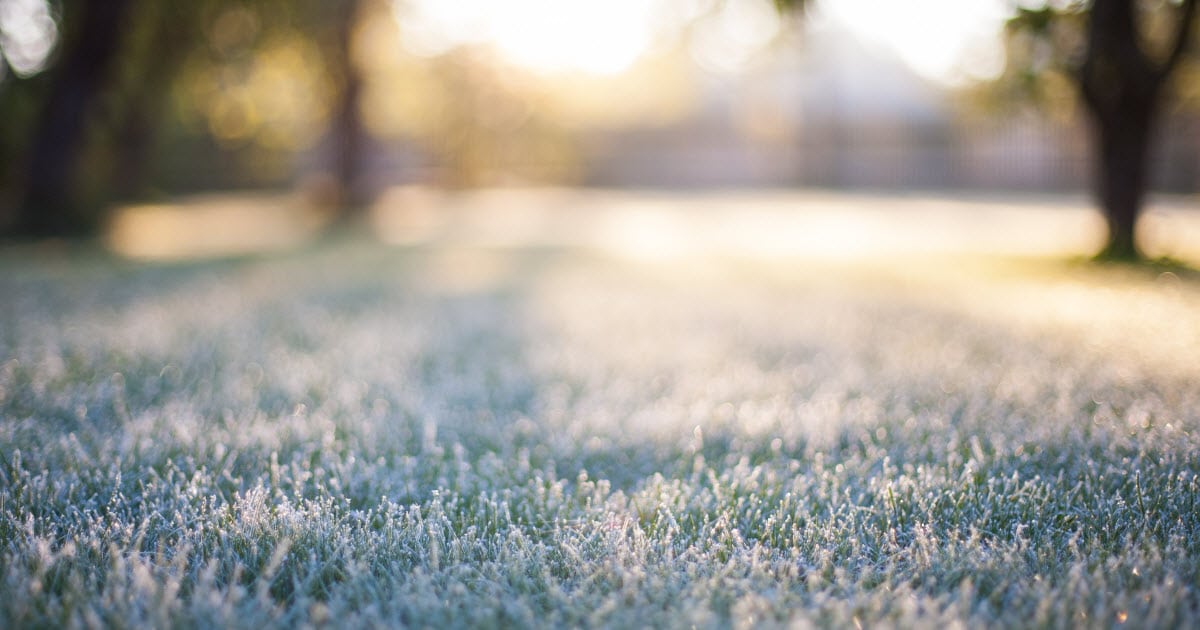
When is the Best Time to Fertilize Your Lawn?
The best time to fertilize your lawn is in the fall. This is because the weather is cooler and the grass grows more slowly, so the fertilizer has a chance to really soak in and do its job. Plus, you don’t have to worry about accidentally killing your grass with too much fertilizer if you apply it in the fall.
Best Temperature to Fertilize Lawn in Summer
When it comes to fertilizing your lawn in the summer, there are a few things to keep in mind. First, you want to make sure that you choose a fertilizer that is specifically designed for summer use. This type of fertilizer will typically have a higher nitrogen content than those designed for use in other seasons.
Second, you’ll want to pay attention to the temperature outside when you apply the fertilizer. It’s best to wait until the temperature is cooler, such as early morning or evening. Avoid applying fertilizer during the heat of the day when temperatures are likely to be at their highest.
Third, be sure to water your lawn after applying fertilizer. This will help the nutrients reach deep down into the soil where they can do the most good. Giving your lawn a good soaking will also help reduce any potential burn risk from the fertilizer itself.
By following these simple tips, you can ensure that your lawn gets the nutrients it needs during the hot summer months!
When to Apply Winter Fertilizer?
Applying winter fertilizer is a great way to give your lawn a boost during the cold months. But when is the best time to apply it? Here are a few things to consider:
The timing of your application depends on the type of grass you have. If you have cool-season grass, like Kentucky bluegrass or fescue, then you should apply fertilizer in late fall or early winter. This will give the grass a chance to absorb the nutrients before it goes dormant for the season.
If you have warm-season grass, like bermudagrass or zoysia, then you should wait until late winter or early spring to apply fertilizer. This will help the grass start growing earlier in the year. You also need to consider the weather conditions when you plan to fertilize.
It’s best to avoid applying fertilizer during periods of heavy rain or snowfall, as this can wash away the nutrients before they have a chance to be absorbed by the grass roots. Instead, look for days with moderate temperatures and low winds so that the fertilizer has time to settle into the soil before any precipitation hits. Finally, don’t forget to read and follow all instructions on your chosen fertilizer product.
Conclusion
It is generally too cold to fertilize your lawn when the temperature dips below 50 degrees Fahrenheit. However, there are a few exceptions to this rule. If you live in an area with very warm winters, you can fertilize your lawn as long as the ground isn’t frozen.
You should also avoid fertilizing your lawn right before a freeze is expected.
